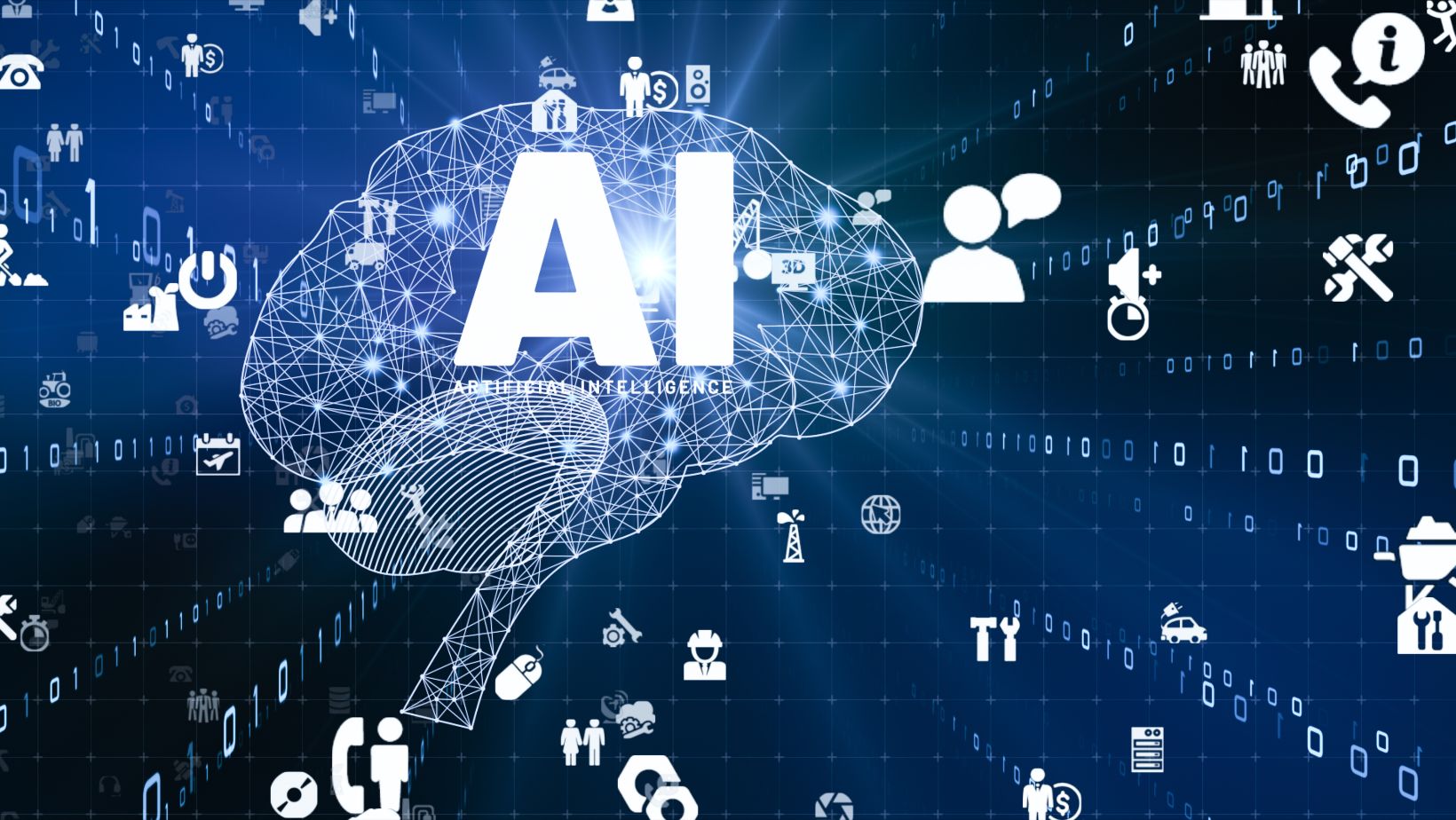
Ever dreamt of making your own video game but felt like you needed a massive team and an even bigger budget to compete with the big studios? For a long time, that was the reality for indie game developers. They faced tough challenges: limited cash, tiny teams, and fewer resources, which often meant longer development times and games that just couldn’t quite match the polish of the AAA titles. It was an uphill battle.
But guess what? The game is changing. Artificial intelligence (AI) is swooping in, making game development way more accessible and efficient for those smaller, independent teams. AI tools are taking over the complex, repetitive tasks, letting smaller groups churn out games with rich content, sophisticated mechanics, and a really professional look. This article dives into how AI is making things fair, empowering indie developers to create awesome games with fewer resources.
AI is Democratizing Game Development
AI is truly shaking up game development by automating tasks that used to eat up tons of time and demand specialized skills. Think about it: coding help, creating assets, designing environments – these can all be sped up with AI-powered tools, drastically cutting down on development time and costs.
For example, tools like 3D AI Studio can quickly generate 3D models just from a text description or an image. And Promethean AI can automatically build coherent game environments based on simple text prompts. These tools free up indie developers to focus on the really creative stuff, like directing the artistic vision and designing the gameplay, instead of getting bogged down in manual asset production.
AI-Powered Asset Creation and World-Building
Creating those cool 3D assets and immersive worlds has always been super resource-intensive, usually needing huge art teams. But AI tools have flipped that on its head. Now, you can generate 3D models from text, convert images to 3D, and even train AI to maintain a consistent art style across your game.
3D AI Studio is a standout here, letting developers quickly generate game-ready assets. It supports a bunch of art styles – low-poly, realistic, stylized – and even handles automatic UV mapping. This means rapid prototyping and a consistent visual vibe without needing a massive team.
Similarly, Promethean AI uses smart, context-aware algorithms to build detailed, believable environments from simple text prompts. It helps developers create unified worlds efficiently, cutting down on the need for extensive manual environmental design and speeding up the creative flow.
Enhancing Gameplay and Narrative with AI
AI isn’t just about pretty pictures; it’s also transforming gameplay and storytelling. Advanced AI techniques like natural language processing and machine learning allow non-player characters (NPCs) to act more adaptively, chat more naturally, and react dynamically to what players do, making interactions much richer.
Plus, AI can shape dynamic game worlds and evolving storylines that change based on player choices, offering unique playthroughs and deeper immersion. AI also helps make games more accessible by adjusting difficulty levels and controls in real-time, opening them up to a wider audience.
AI Tools for Animation, Sound, and Video Content
Animation and audio production, often huge money and time sinks, get a massive boost from AI. AI-driven animation tools speed up character and environmental animations, while AI-generated music and sound effects can totally enhance game atmospheres without requiring big sound teams.
For promotional content, AI video generators like Pika Labs let indie developers create trailers and cutscenes just from text prompts, even integrating music and voice synchronization. This cuts production costs and helps indie games get professional-looking marketing materials out there.
Collaboration, Version Control, and Marketing with AI
AI isn’t just for developing the game itself; it’s also making project management and marketing smoother. Tools like Layer AI help with version control, asset iteration, and agile workflows, really streamlining the development cycle.
And AI-powered marketing platforms help indie developers create promotional content and target audiences effectively, boosting visibility and letting them compete with bigger studios, even with smaller marketing budgets.
Success Stories: Indie Games Using AI
Several indie games have already leveraged AI tools to create rich, immersive experiences efficiently. Think about titles like “Ethereal Quest,” a fantasy RPG built entirely with AI-generated assets, or “Neon Racer,” which features procedurally generated tracks. Then there’s “Critter Cove,” boasting thousands of unique, AI-created creatures. These games are perfect examples of how AI speeds up development and sparks creative innovation.
Challenges and Ethical Considerations
Of course, using AI in indie game development isn’t without its concerns. People worry about job displacement, whether creativity might get diluted, and how to use AI ethically. It’s super important to be transparent about AI’s role and ensure originality to keep the unique voice of indie games alive.
The industry needs to push for ethical AI practices that work with human creativity, not replace it, safeguarding the authenticity and diversity of game experiences.
The Future is Now
AI is truly empowering indie developers, giving them access to advanced game creation tools, cutting costs, and speeding up workflows. As AI keeps evolving, it promises to unlock even more innovative and accessible game development opportunities.
Indie developers should really embrace AI as a creative partner that enhances their vision. It’s allowing them to compete on a much more level playing field with larger studios and deliver truly compelling, high-quality games to players worldwide.
This article has highlighted how AI tools like 3D AI Studio, Promethean AI, and Pika Labs are transforming indie game development in 2025, enabling smaller teams to produce games with a professional polish and creative depth that used to be completely out of reach. It’s an exciting time to be an indie developer!













